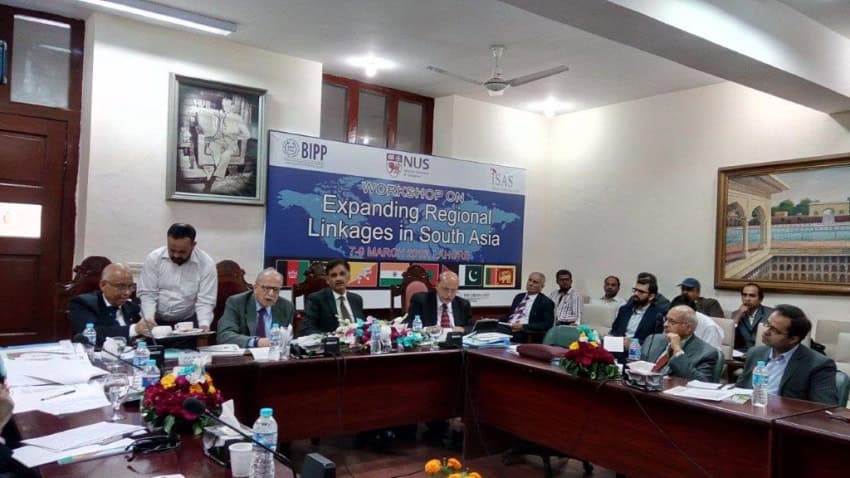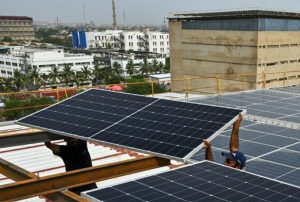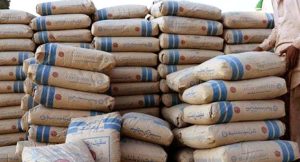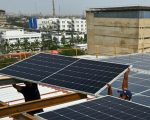LAHORE (Staff Report/PR) – A workshop titled ‘Expanding Regional Linkages in South Asia’ was organised by Shahid Javed Burki Institute of Public Policy (BIPP), Institute of South Asian Studies (ISAS), the Urban Unit Punjab, and National University Singapore, at National Management College, Lahore.
Leadership for Environment and Development (LEAD) Pakistan was the knowledge partner and responsible for producing relevant knowledge materials for the event, which included infographics, brochure and paper summaries.
The event provided an opportunity to leading think-tanks and decision-makers to identify issues, policy differences and best practices across different countries of the region in important sectors, such as water, energy, urbanization, Climate Change, health and agriculture.
According to Ali Tauqeer Sheikh, CEO, LEAD Pakistan, and Director Asia, Climate and Development Knowledge Network (CDKN), ‘LEAD Pakistan and BIPP have a strategic partnership to strengthen knowledge economy in the country and forge relationship in the region that will help to address poverty and vulnerability of people in South Asia’.
Shahid Javed Burki, Chairman, BIPP Lahore, said, ‘Public policy should be driven by public welfare and not by narrow national security concerns’.
The workshop aimed to examine and discuss the economic, social and political impediments currently rooted in South Asia, that stand in the way for adequately responding to global change, and defining an approach, the governments could develop, to carve out a role in the region.
A number of specialized papers were also presented in the seminar, with major focus on four broad themes, ‘A rapidly changing world’, ‘Globalization and its impact on South Asia’, ‘South Asia’s Frozen Conflicts’ and ‘Institutions for resolving conflicts’ along with six sub-themes.
The specialized papers for the workshop were prepared by the authors representing the Institute of South Asian Studies (ISAS), National University Singapore and the Shahid Javed Burki Institute of Public Policy (BIPP).
Speakers identified that best practices exist in the region in every sector, such as Education (Sri Lanka), Agricultural Productivity and Democracy (India), Low Carbon Development (Bhutan), Tourism (Maldives), and Micro Credit and Poverty Alleviation Program (Bangladesh) etc.
Furthermore, an MOU was also signed between LEAD Pakistan and Shahid Javed Burki Institute of Public Policy (BIPP), to provide framework for cooperation between the parties, in the areas of mutual interest especially relating to public policy and sustainable human development.













